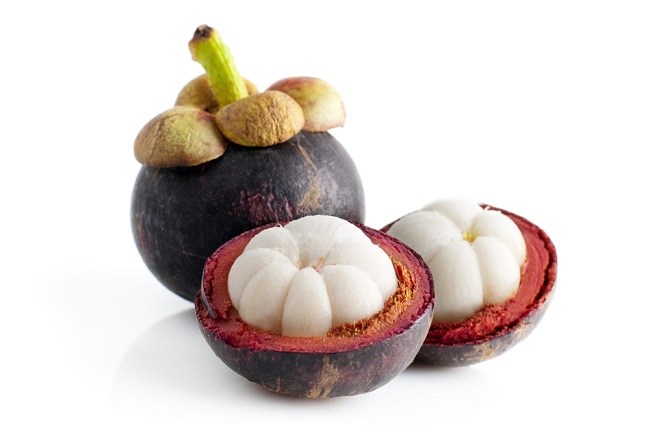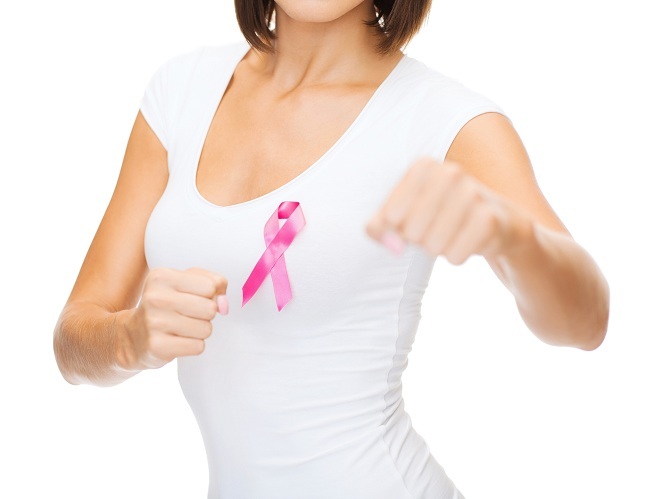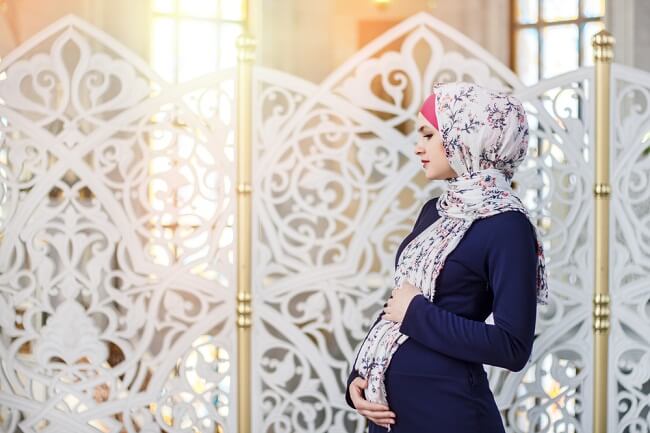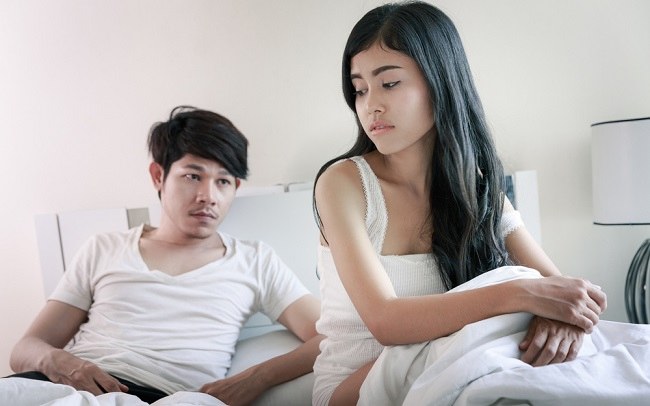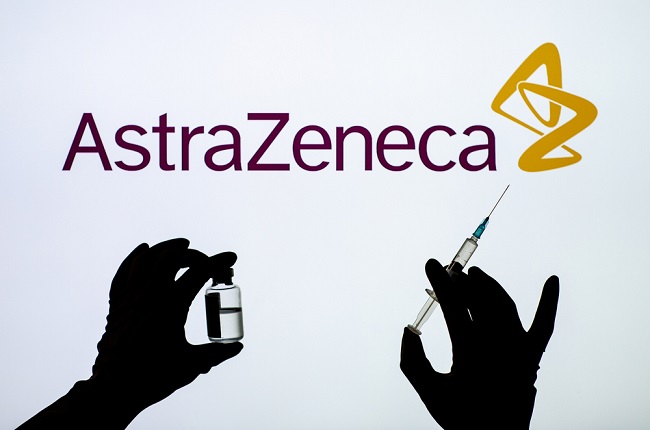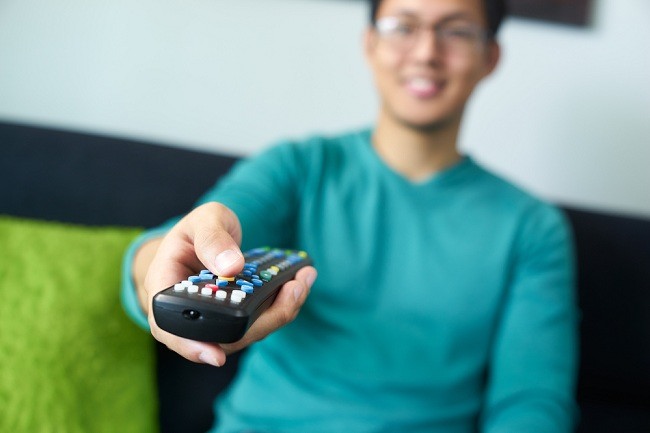Vaccination is one of the government's efforts to overcome the COVID-19 pandemic. However, making a COVID-19 vaccine is not an easy thing. To ensure its effectiveness and safety, COVID-19 vaccines must be made with care and pass clinical trials.
The manufacture of COVID-19 vaccines has been carried out in various countries, including Indonesia through the Eijkman Institute. In addition, the Indonesian government is also cooperating with 4 vaccine manufacturers, namely AstraZeneca from the UK, as well as Sinovac, Sinopharm, and CanSino from China.

The latest news also mentions that one of the pharmaceutical companies in the United States, namely Pfizer, has succeeded in making a vaccine that is claimed to be 90% effective against the Corona virus. However, the vaccine still has to undergo a series of further studies.
Stages of Clinical Trials and Making a COVID-19 Vaccine
Not much different from new drugs or vaccines in general, the manufacture of COVID-19 vaccines must also go through various research and clinical trial stages that take a long time, even years. This study was conducted by comparing the effects of the COVID-19 vaccine with a placebo.
This is done to ensure the quality, effectiveness and safety of the COVID-19 vaccine for humans. The following are some of the steps or clinical trial processes that must be passed in making a COVID-19 vaccine:
1. Preclinical studies
In this early stage of research, the COVID-19 vaccine will be injected into experimental animals in the laboratory to determine its effectiveness and safety. During the research, the researchers will also examine whether the vaccine is suitable for use or has certain side effects.
2. Phase I clinical trial
In the phase I clinical trial phase, the vaccine is injected into several volunteers who are generally healthy adults. This is done to test the safety of the COVID-19 vaccine in the human body. If found safe and effective, the vaccine could enter phase II clinical trials.
3. Phase II clinical trials
In phase II clinical trials, testing of the COVID-19 vaccine was carried out on more volunteers, so that the samples obtained were more diverse. This sample will be studied and reviewed by researchers regarding the effectiveness, safety, the right vaccine dose, and the body's immune system response to the vaccine given.
4. Phase III clinical trial
After passing phase II clinical trials, the vaccine will enter phase III clinical trials. In this study, the vaccine will be given to more people with more varied conditions.
After that, the researchers will monitor the immune response of the vaccine recipients and monitor whether there are vaccine side effects in the longer term. This research can take months or even years.
Currently, research on the COVID-19 vaccine in Indonesia has entered the phase III clinical trial phase, involving around 1,620 volunteers.
5. Stage IV after marketing supervision
This stage of study is carried out after the vaccine is declared safe and effective to use, namely after passing the previous phase of clinical trials. At this stage, the vaccine can already get a distribution permit from BPOM to be given to humans.
However, because it is still a new type of vaccine, various studies and evaluations still need to be done to assess the long-term effect of the vaccine in humans.
If the COVID-19 vaccine that is currently being developed successfully passes clinical trials, the manufacture of the COVID-19 vaccine will also be continued so that it can be immediately given to the wider community.
To get the maximum benefit of the COVID-19 vaccine, WHO recommends that at least 70% of the population in each country get the COVID-19 vaccine. This means that at least 180 to 200 million Indonesians need to get a COVID-19 vaccine if this vaccine is declared safe and effective.
While waiting for the manufacture of the COVID-19 vaccine to be completed and after the vaccine is available, the public must continue to participate in preventing and breaking the chain of transmission of COVID-19 by always implementing health protocols, namely maintaining physical distance, washing hands regularly, wearing masks when doing activities outside the home. , and avoid crowds.
If you experience symptoms of fever, cough, and shortness of breath, especially if you have a history of contact with people with COVID-19, immediately self-isolate and call the COVID-19 hotline at 119 ext. 9 for further guidance.
Making a COVID-19 vaccine is one of the government's efforts to reduce the number of cases of Corona virus infection which is still increasing. That way, it is hoped that the Indonesian people can be protected from this viral infection that is currently endemic. Vaccines protect themselves and the country from the pandemic.



